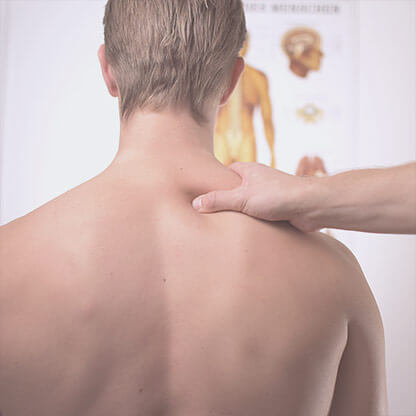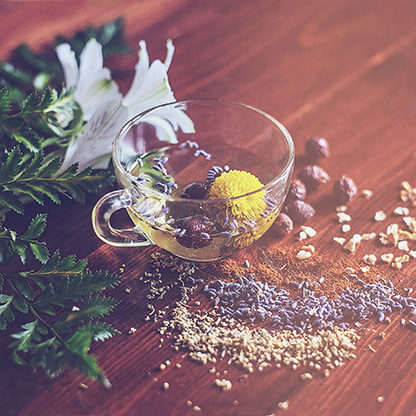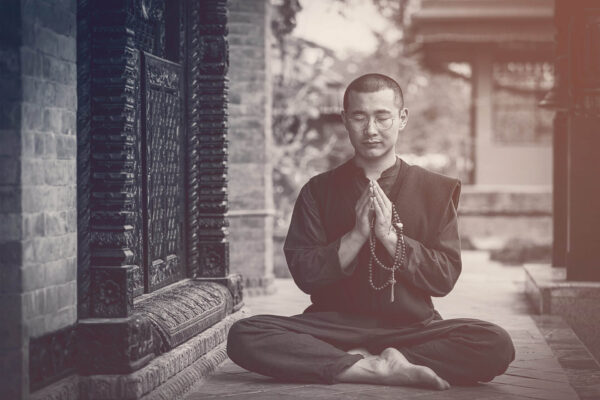Video: Origin of disease from the point of view of TCM
Internal and external harmful influences
The realization that diseases can come from outside is nothing new. In the past, it was evil spirits that gave us a hard time, today it is viruses and bacteria that make life difficult for us. However, TCM has known for over 2000 years that internal factors such as emotions can trigger an illness. In our country, however, this has only been the case for about 100 years.
External pathogenic factors enter the body through the skin, mouth or nose. Here, the lungs in particular are our weak point.
External disease can occur for 2 reasons:
a) the pathogenic factor is stronger than the healthy Wei-Qi
b) the Wei-Qi is simply too weak to fight off the pathogenic factor.
External pathogenic factors are:
Wind
Cold
Heat
Summer heat; extreme heat
Humidity
Drought
Wind has a Yang character. Typical for wind diseases is the sudden onset of symptoms, as well as the rapid change of the localization of the complaints. Especially the upper part of the body is affected, i.e. head and neck. Wind often appears with other influences, such as cold. Due to its Yang character, it damages the blood (Xue) and the Yin of the body.
Symptoms:
Rapid emergence of symptoms
Change of localization
Fever with chills
Sweating
Tremors, cramps, stiffness
Wandering joint pain
Itching
Cold has a yin character. Cold contracts the body and damages the yang.
Symptoms:
Aversion to cold
Desire for warmth
Severe and localized pain
Watery, clear secretions
Contraction
Heat has Yang character and damages the Yin. Heat dries up and burns the juices of the body.
Summer heat: The same applies here as for heat. Only the symptoms here are more severe and can lead to fainting.
Symptoms:
Redness, heat, dryness
Decreased excretion
Insomnia
Thirst
!! All pathogenic factors can turn into heat inside over a longer period of time.
Humidity has yin character and damages the yang. Dampness is heavy, sluggish and tends to go down. Dampness occurs when food is no longer digested optimally, or you constantly cool down with dairy products and a lot of raw food.
Symptoms:
Feeling of heaviness e.g. in head and legs
Fatigue and listlessness
Feeling of fullness
Mucus
When the condition worsens, mucus gradually develops from moisture. There are 2 types of mucus. The visible and the invisible mucus
Visible mucus:
Swelling under the skin
Ejection
Deformation of the joints
Invisible slime:
In the pathways: Numbness, paralysis.
In the heart: Tan blocks the heart channels, resulting in mental illnesses
In the kidney and gallbladder: stones
Drought has Yang character and damages the Yin by drying up the liquids
Symptoms:
Dryness (skin, hair, thirst)
Chapped lips and tongue
Dry chair
Dry cough
Internal Pathogenic Factors:
Internal pathogenic factors are, in principle, emotions. We need them and they make life colorful and varied. However, if an emotion is suppressed too strongly or completely, the element concerned is damaged, since every emotion can also be assigned to one of the elements.
The emotions are:
WOOD: anger, rage, resentment make the qi rise
FIRE: Manic joy disperses the qi
EARTH: Brooding and worrying make the qi get stuck
METAL: Grief weakens the Qi
WATER: Fear lowers the Qi downwards
WATER: Fear, fright make the qi chaotic
If such emotions persist long enough, they turn into heat.
Neutral pathogenic factors:
Constitution: General vitality, childhood and births
Lifestyle: Physical and mental overexertion
Nutrition: bad eating habits
Trauma: accidents, emotional shocks
Mistreatments: Antibiotics...
Parasites, toxins
Only when you have a conscious mind do you receive inspirations that spring from the depths of your heart.
Unknown






















